ALL STANDARDS
Take a deep dive into all of the different standards and certifications relevant for the conscious fashion consumer.
-
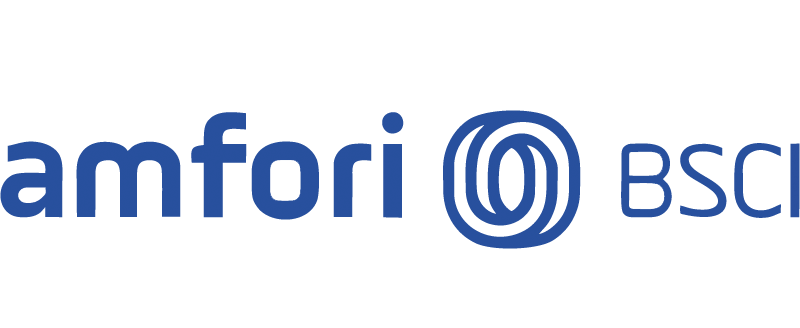
Amfori BSCI
Read moreThe amfori BSCI (Business Social Compliance Initiative) Audit Programme plays a pivotal role in ensuring responsible sourcing and production practices in the fashion industry. This article delves into the significance of this audit programme,
-

B-Corp
Read moreB Corp Certification is a designation that a business is meeting high standards of verified performance, accountability, and transparency on factors from employee benefits and charitable giving to supply chain practices and input materials.
-
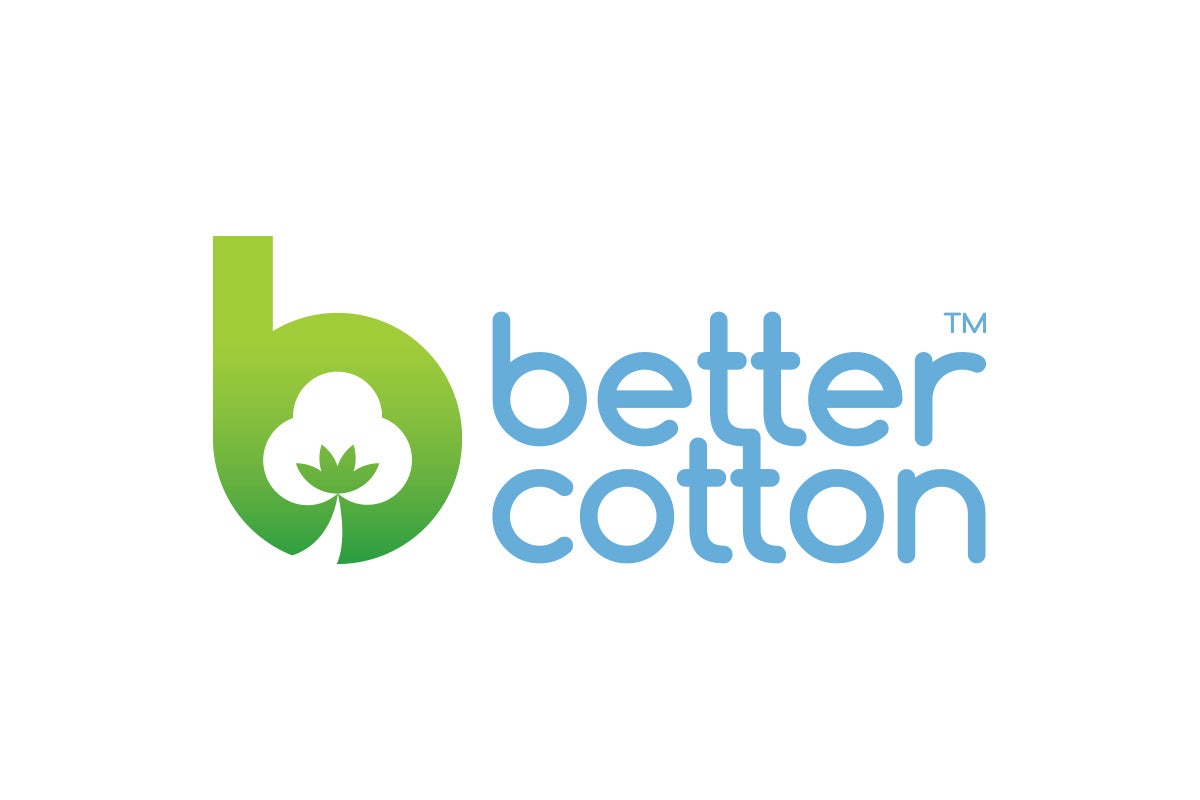
BCI
Read moreThe Better Cotton Initiative (BCI), or just Better Cotton in short, is the largest cotton sustainability programme in the world.
-
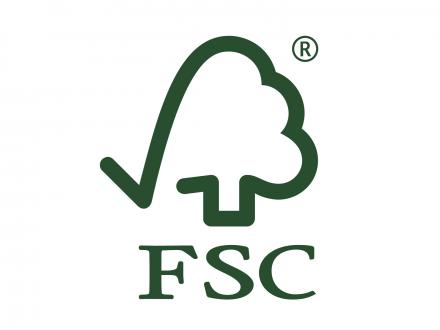
FSC
Read moreFSC (Forests for all forever) - when items are shipped with paper this is the certification to look for.
-
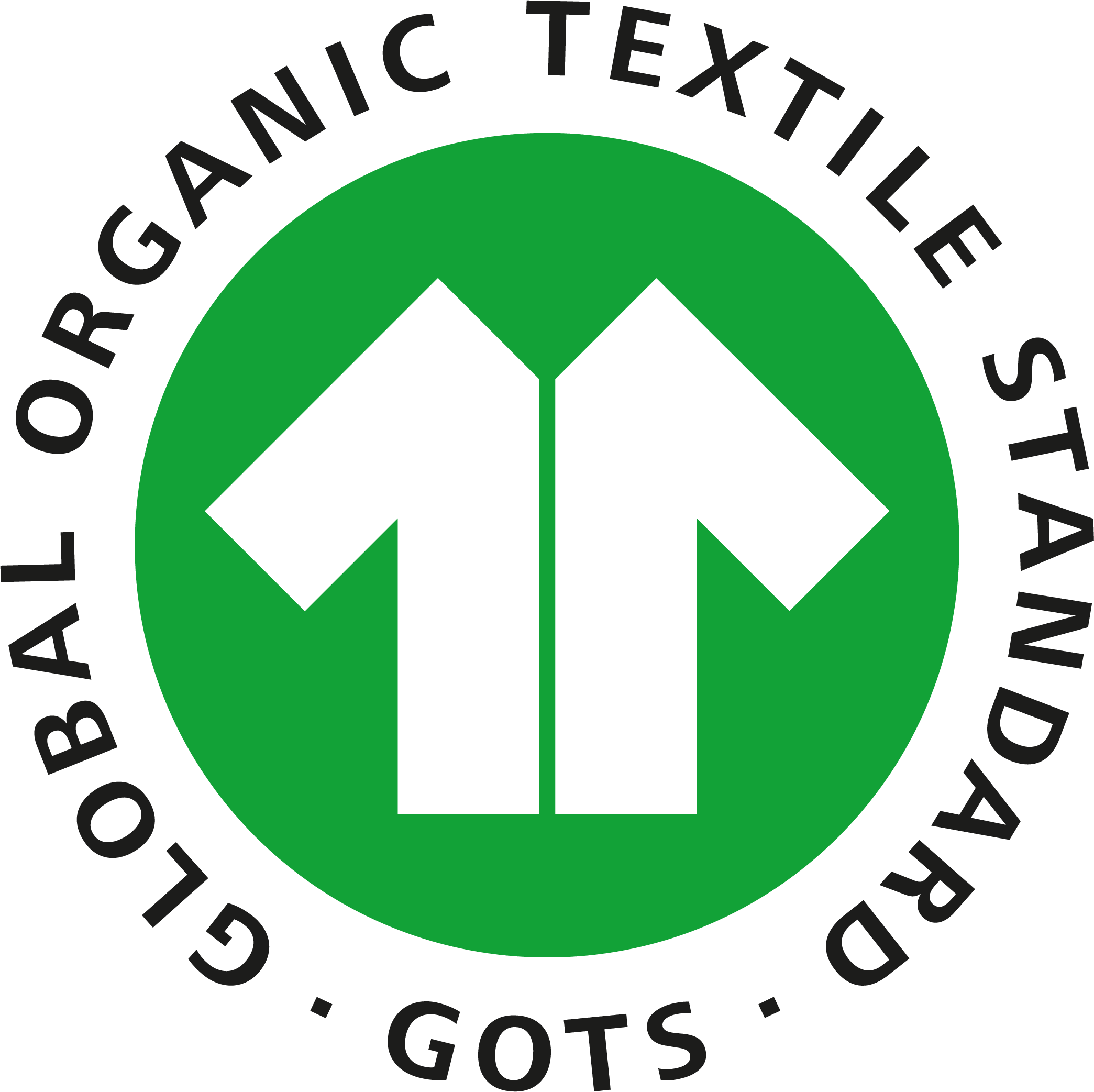
GOTS
Read moreGOTS (Global Organic Textile Standard) is a globally recognized standard for organic fibers, including independent certification of the entire supply chain. In other words, GOTS is your guarantee that a piece of fabric is made under proper working conditions, is free from harmful chemicals and is produced organically from harvest to final product.
-
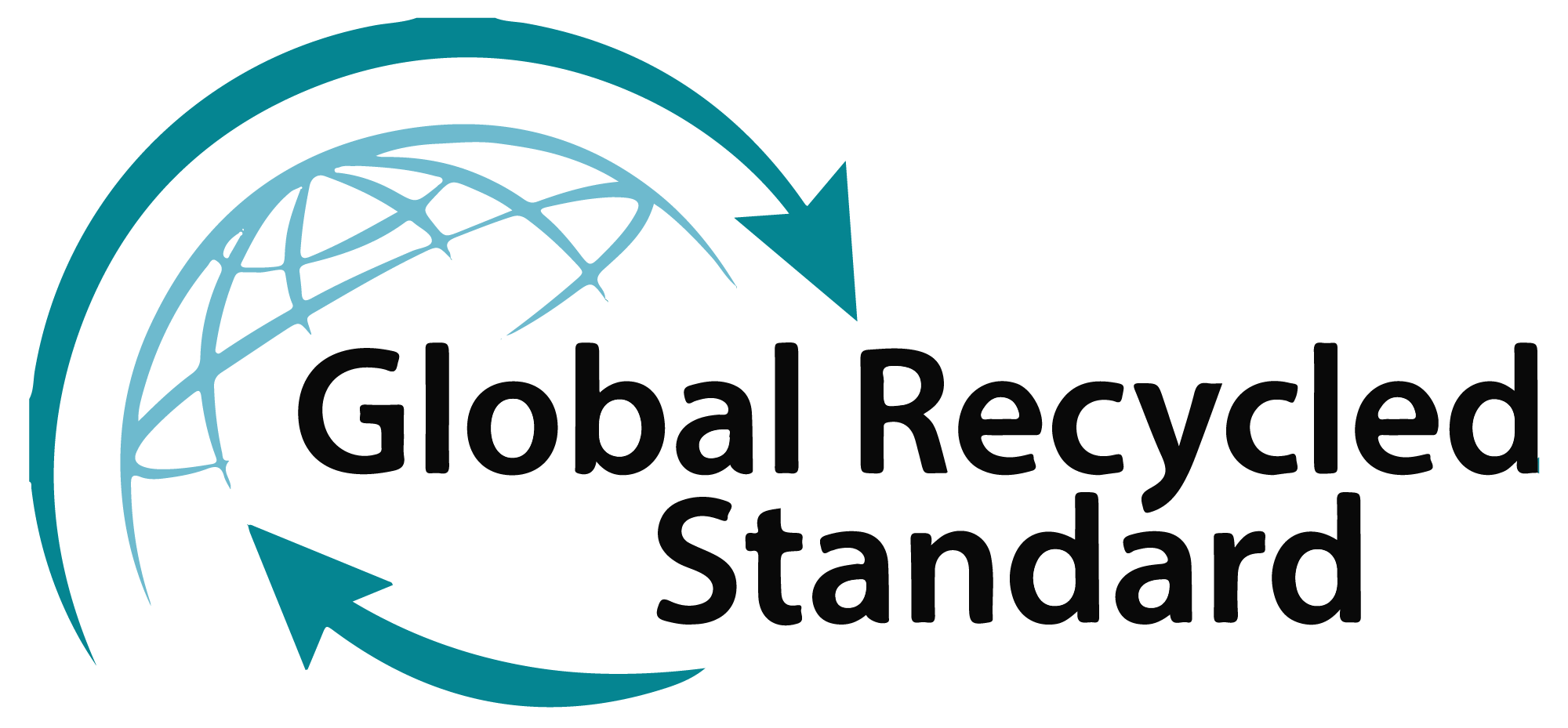
GRS
Read moreThe GRS (Global Recycle Standard) is an international, voluntary standard that set requirements for third-party certification of recycled input and chain of custody. The goal is to increase the use of recycled materials and it includes criteria for social and environmental processing requirements and chemical restrictions.
-
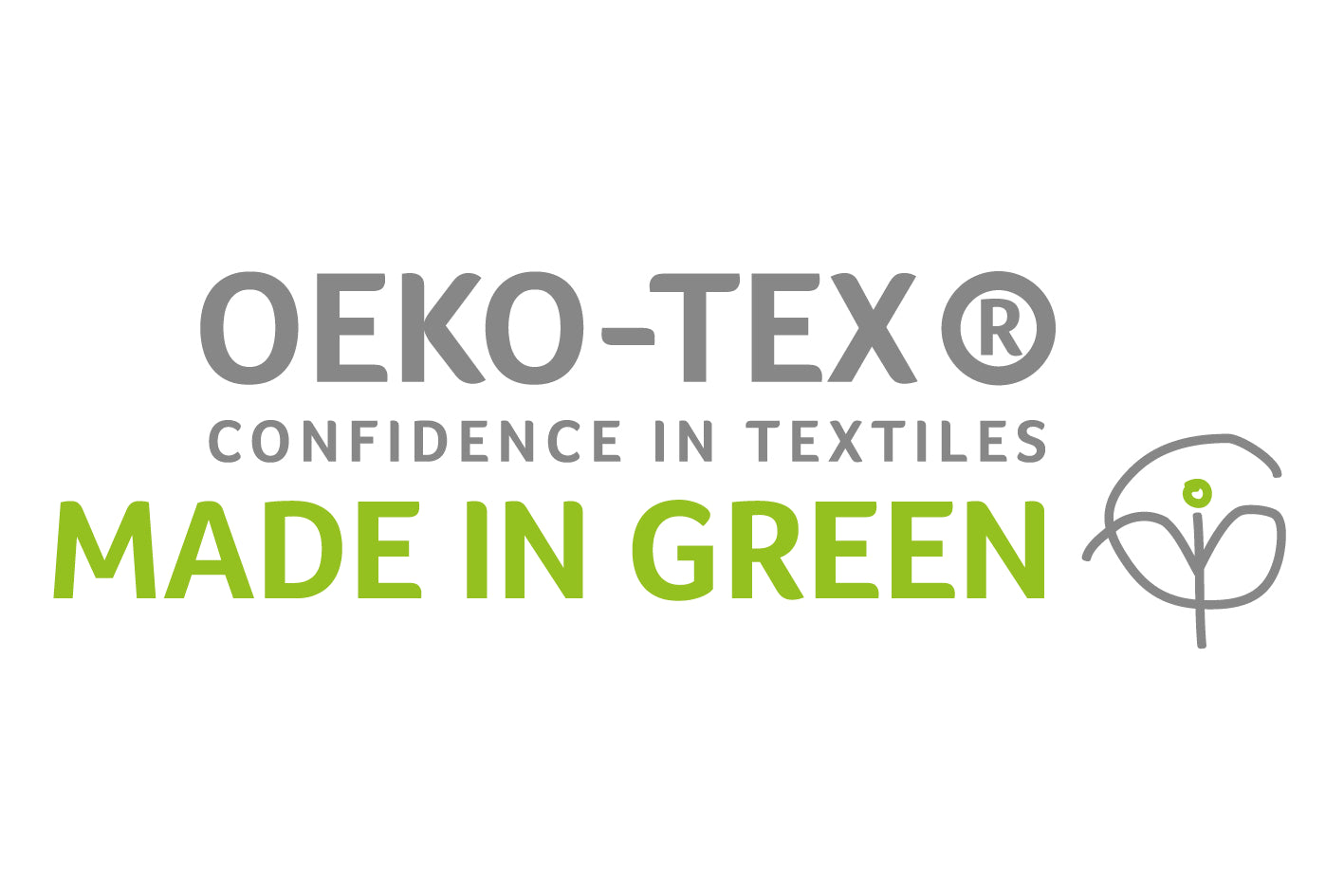
OEKO-TEX MADE IN GREEN
Read moreMADE IN GREEN by OEKO-TEX® is a traceable product label for textile and leather products made of materials tested for harmful substances that, in addition, have been manufactured in environmentally friendly facilities and under socially responsible working conditions.
-
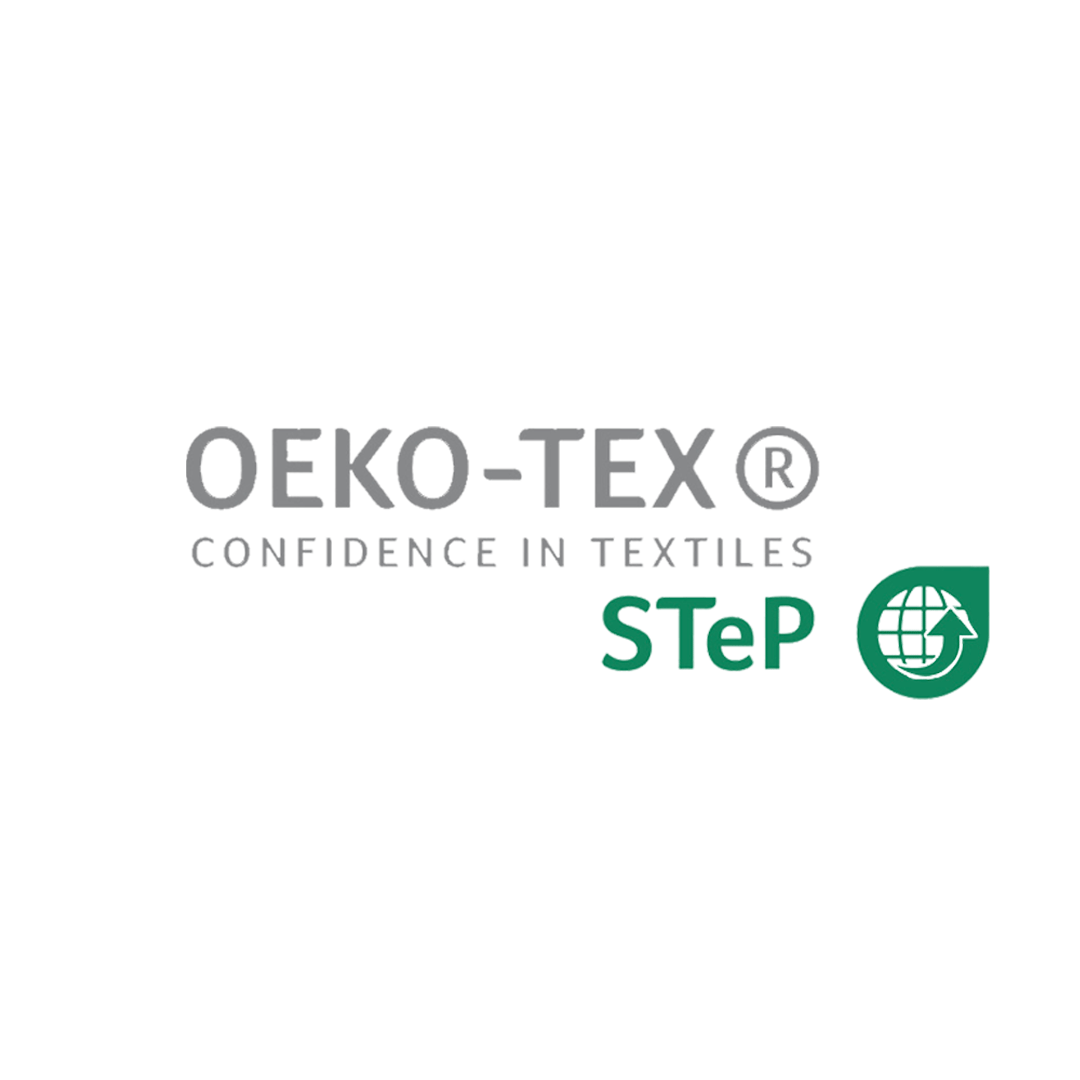
OEKO-TEX STeP
STeP by OEKO-TEX® stands for Sustainable Textile & Leather Production and is a modular certification system for production facilities in the textile and leather industry. STeP differs from other certification systems because, instead of considering only individual sustainability aspects, it includes a comprehensive analysis and assessment of the production conditions instead.
Full article on this certification coming soon. -
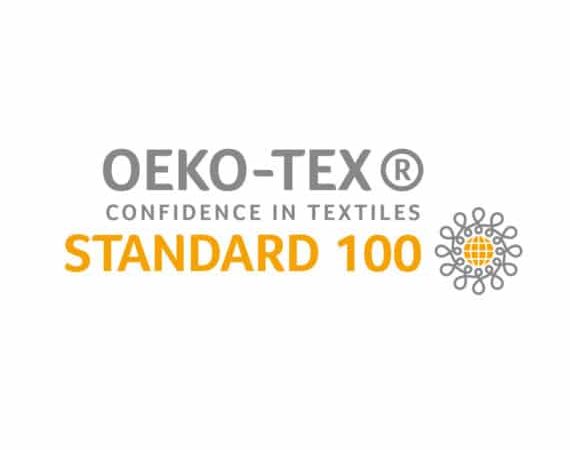
OEKO-TEX STANDARD 100
The Oeko-Tex certification is about how the fabric is processed, including things like dyes and finishes, and the textiles and fabrics are certified free of harmful chemicals and are safe for human use. However, fabric certified as Oeko-Tex Standard 100 does not mean the same as organic.
Full article on this certification coming soon. -
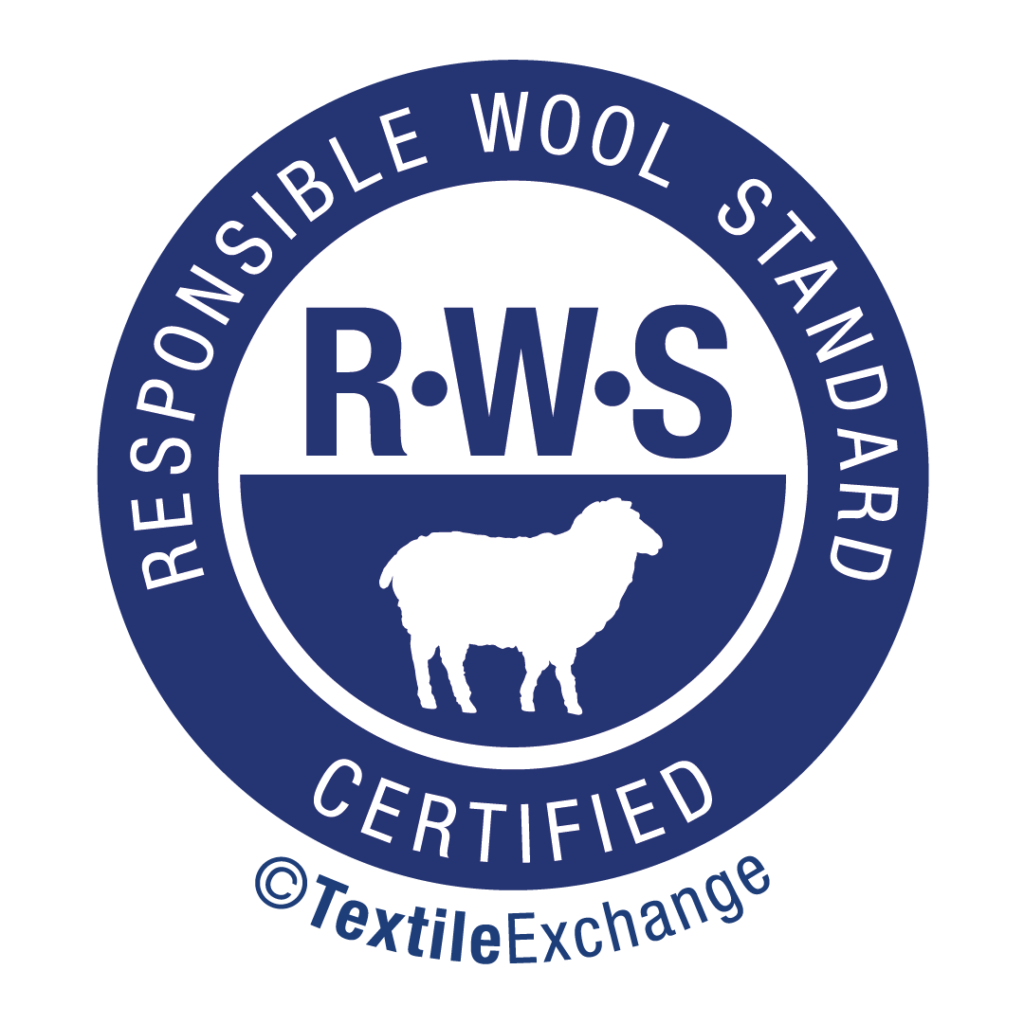
RWS
Read moreThe Responsible Wool Standard (RWS) is a voluntary standard that addresses the welfare of sheep and the land they graze on. It recognizes the best practices in wool production and includes strict criteria with a focus the animals nutrition, health, environmental infrastructure, behavior and handling, responsible land management, supply chain traceability from farm to final product.
-
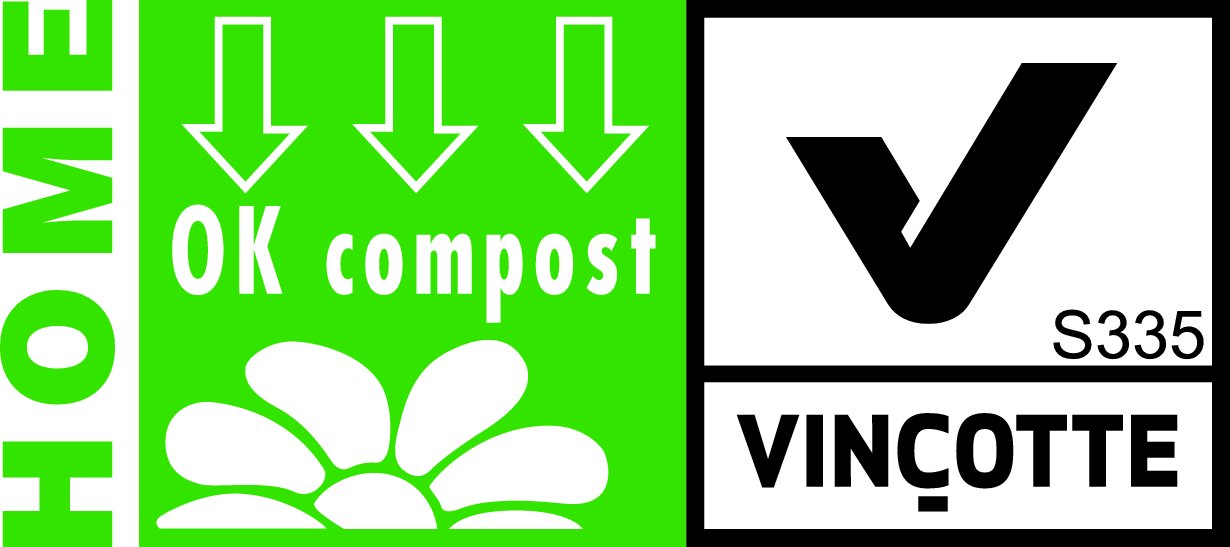
OK Compost
OK compost and OK compost HOME are labels that guarantee products or packaging as biodegradable in an industrial composting plant or they can go into the compost heap in your garden at home. This applies to all components, inks and additives. The sole reference point for the certification programme is the harmonised EN 13432: 2000 standard.
Full article on this certification coming soon. -
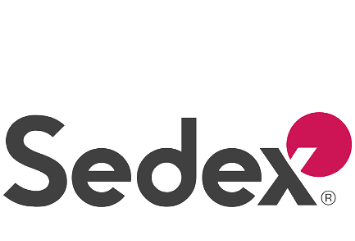
SEDEX
SEDEX (Supplier Ethical Data Exchange) is a global non-profit organisation that enables businesses to work together to better manage their social and environmental performance, and improve working conditions throughout the supply chain globally.
Full article on this certification coming soon. -
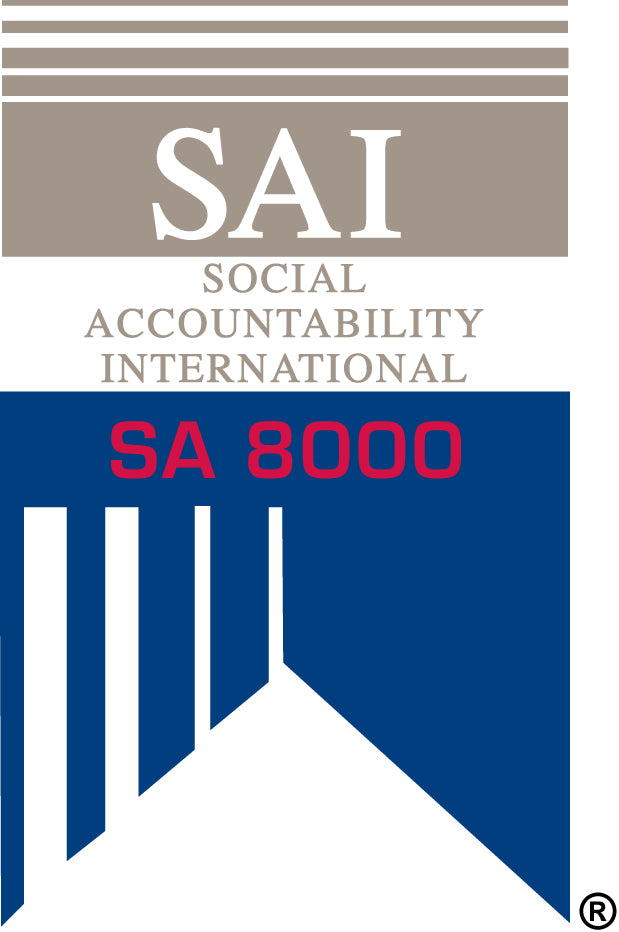
SA8000
SA8000 is an auditable certification standard that encourages organizations to develop, maintain, and apply socially acceptable practices in the workplace.
Full article on this certification coming soon. -
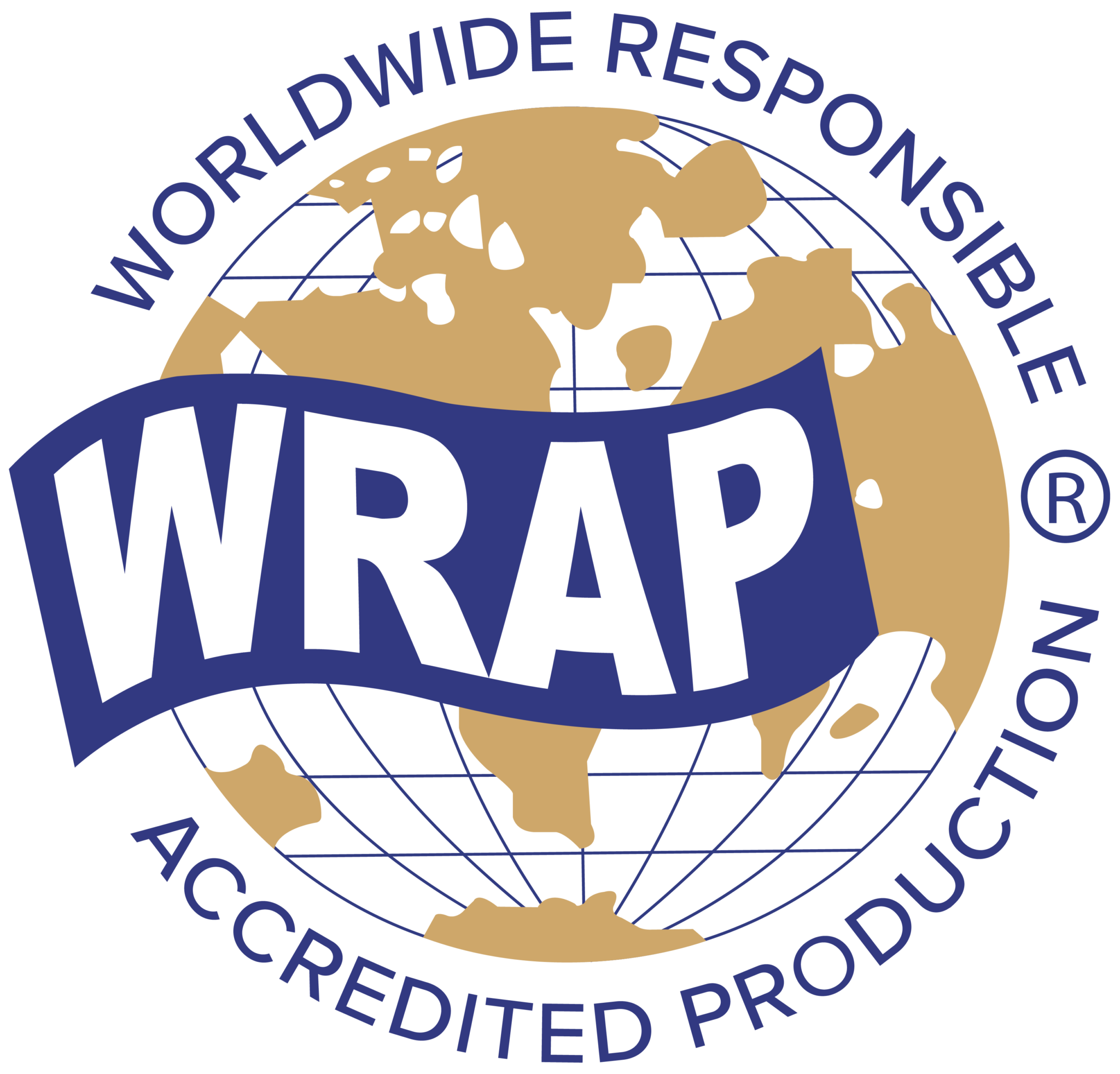
WRAP
WRAP Certification for socially responsible manufacturing. The Worldwide Responsible Accredited Production (WRAP) program is the world's most accepted independent certification for the apparel/textile, footwear, and sewn products industry. The program monitors and certifies lawful, humane and ethical production, and it has three levels.
Full article on this certification coming soon.















